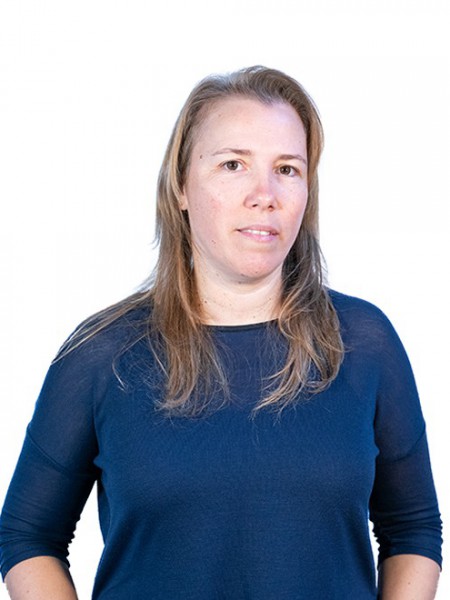abstract
Density is an important biodiesel parameter, with impact on fuel quality. Predicting density is of high relevance for a correct formulation of an adequate blend of raw materials that optimize the cost of biodiesel fuel production while allowing the produced fuel to meet the required quality standards. The aim of this work is to present new density data for different biodiesels and use the reported data to evaluate the predictive capability of models previously proposed to predict biodiesel or fatty acid methyl ester densities. Densities were measured here for 10 biodiesel samples, for which detailed composition is reported, at atmospheric pressure and temperatures from 278.15 to 373.15 K. Density dependence with temperature correlations was proposed for the biodiesels, and isobaric expansivities are presented. The new experimental data presented here were used along with other literature data to evaluate predictive density models, such as those based on Kay's mixing rules and the GCVOL group contribution method. It is shown that Kay's mixing rules and a revised form of the GCVOL model are able to predict biodiesel densities with average deviations of only 0.3%. A comparison between biodiesel densities produced from similar vegetable oils, by different authors, highlights the importance of knowing the detailed composition of the samples. An extension of GCVOL for high pressures is also proposed here. It is shown that it can predict the densities of biodiesel fuels with average deviations less than 0.4%.
keywords
VEGETABLE-OILS; SOYBEAN BIODIESEL; LIQUID DENSITIES; BINARY-MIXTURES; ETHYL-ESTERS; TEMPERATURES; FUEL; VISCOSITIES; PRESSURE; METHYL
subject category
Energy & Fuels; Engineering
authors
Pratas, MJ; Freitas, SVD; Oliveira, MB; Monteiro, SC; Lima, AS; Coutinho, JAP
our authors
acknowledgements
Maria Jorge Pratas acknowledges the financial support from Fundacao para a Ciencia e a Tecnologia through Ph.D. Grant SFRH/BD/28258/2006. Samuel V. D. Freitas acknowledges a Ph.D. Grant from Fundacao Oriente and also financial support from the University of Aveiro.




